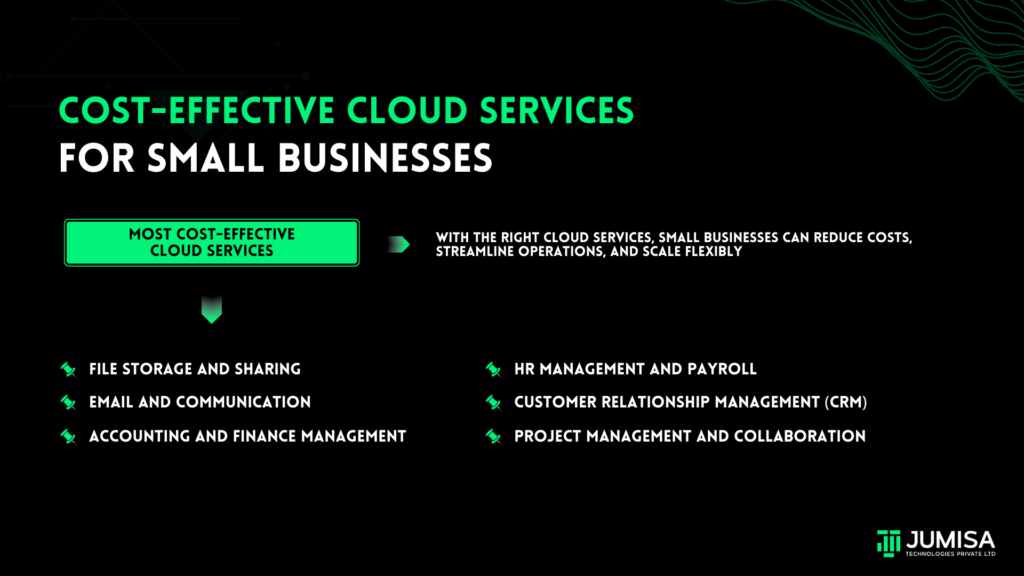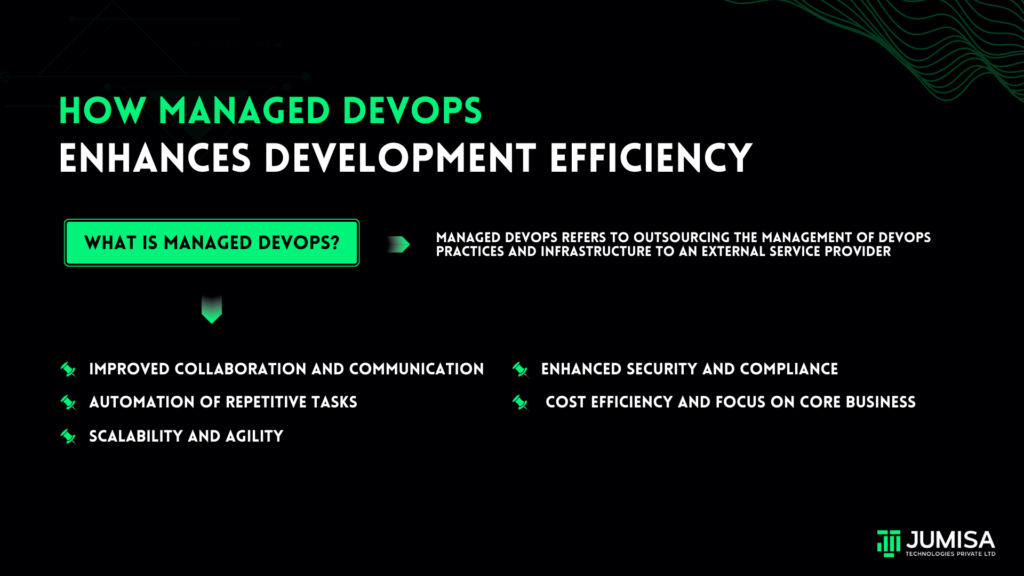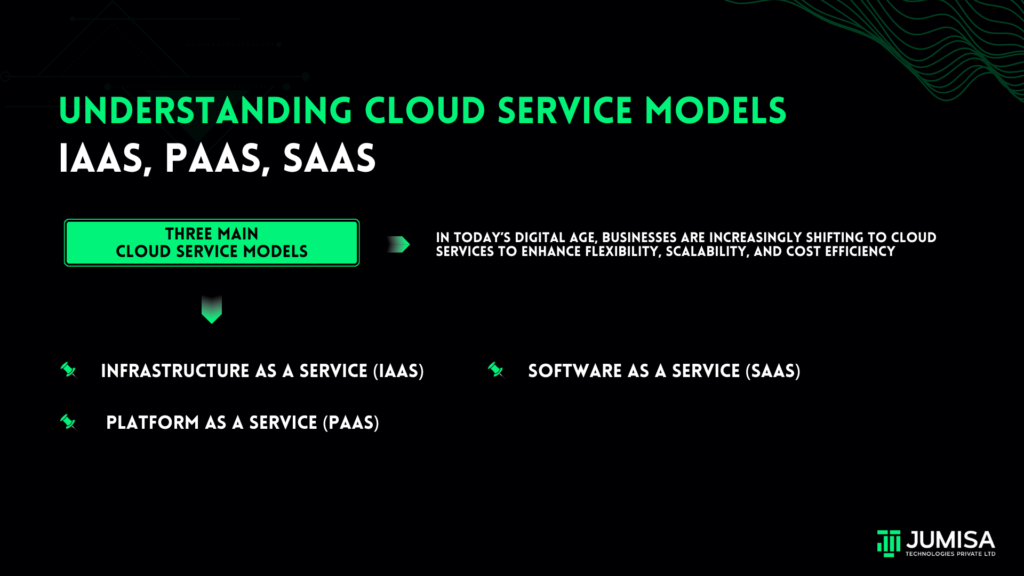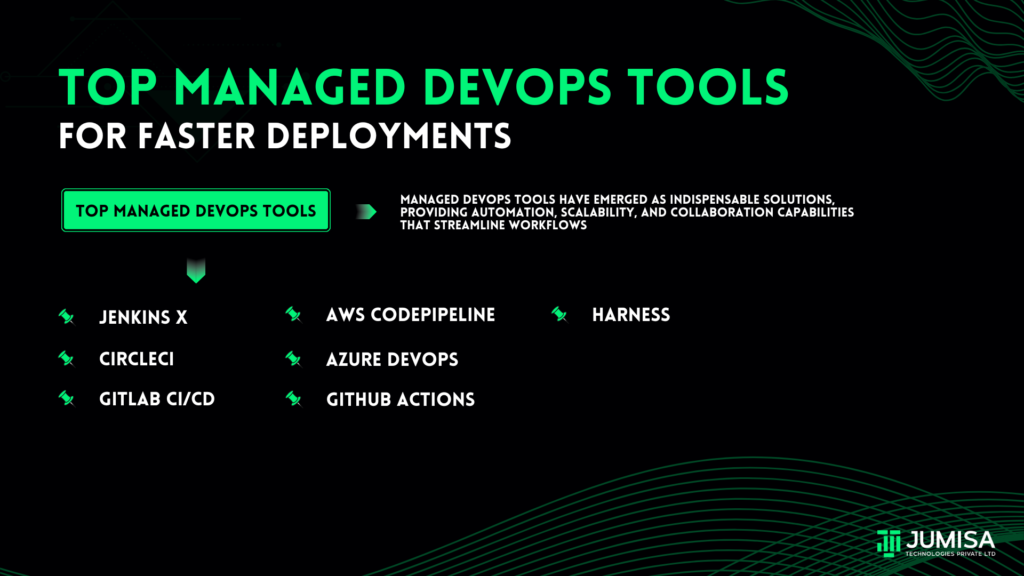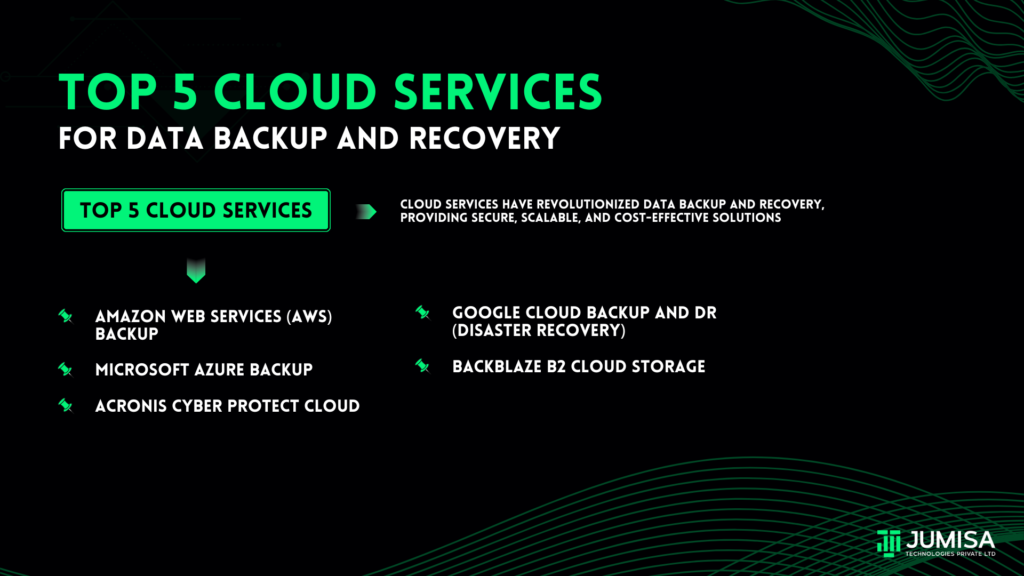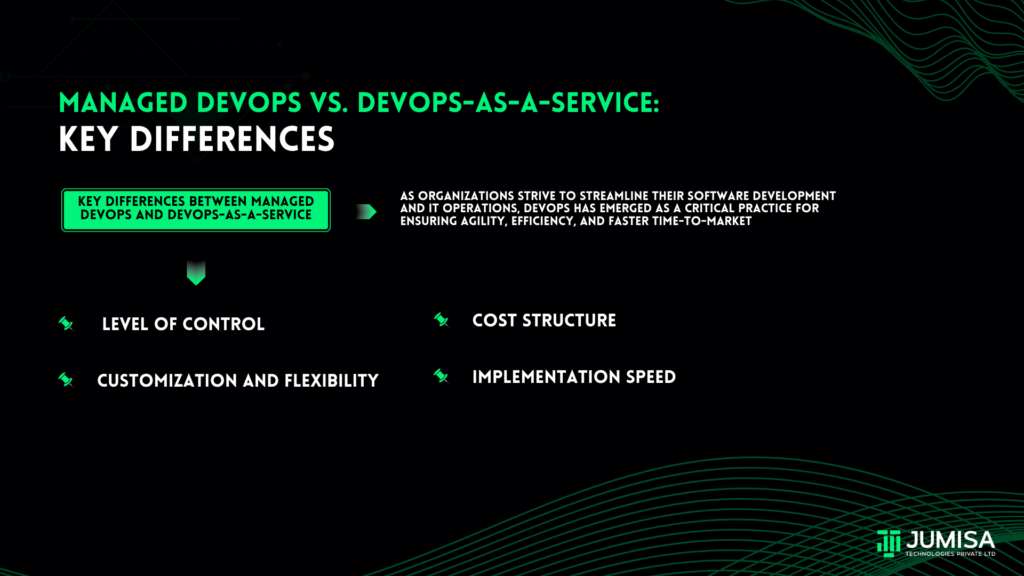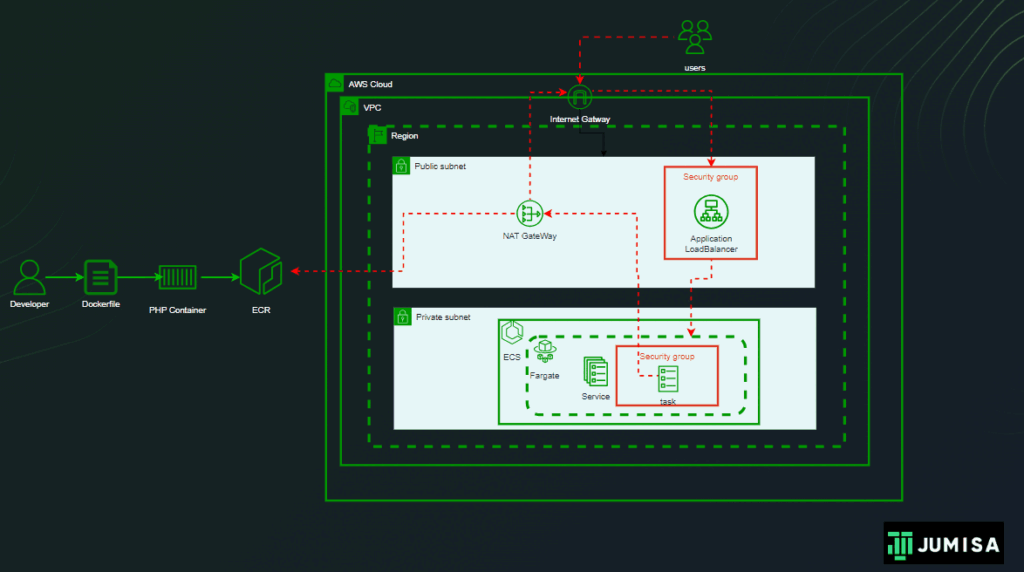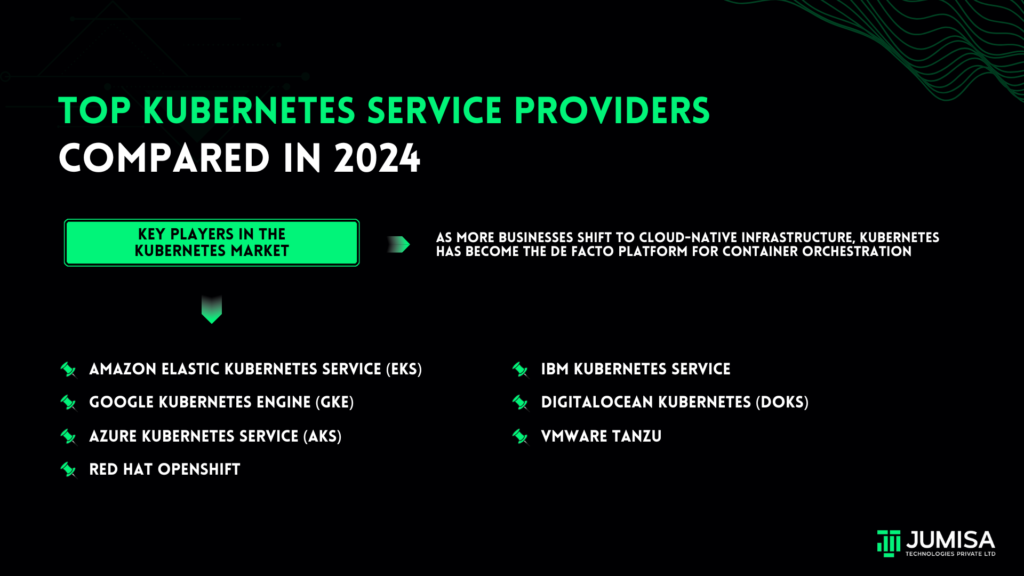
As more businesses shift to cloud-native infrastructure, Kubernetes has become the de facto platform for container orchestration.
While Kubernetes offers powerful benefits in scalability, resilience, and resource optimization, managing Kubernetes environments effectively can be complex.
Many organizations rely on Kubernetes service providers to handle management and deployment, allowing teams to focus on building applications instead of infrastructure. In 2024, several top providers are leading the way.
Here’s a comparison of the key players in the Kubernetes market to help you find the right fit.
1. Amazon Elastic Kubernetes Service (EKS)
Overview: Amazon EKS is AWS’s managed Kubernetes service, integrating seamlessly with other AWS services. It’s popular for enterprises already embedded in the AWS ecosystem, providing a highly scalable, secure, and reliable solution with minimal configuration.
Pros:
– Tight integration with AWS services (e.g., IAM, CloudWatch, VPC)
– Highly secure with automated security patching
– Powerful autoscaling capabilities, especially for large workloads
Cons:
– Complexity in pricing, as users are billed for both EKS clusters and associated EC2 resources
– Limited cross-cloud support, as it’s best suited for AWS-exclusive environments
Best For: Large enterprises with existing AWS infrastructure who need a scalable, highly integrated Kubernetes solution.
2. Google Kubernetes Engine (GKE)
Overview: GKE, developed by Google, is known for its innovation and scalability. As Kubernetes was initially created by Google, GKE offers a highly optimized, robust experience with advanced capabilities.
Pros:
– Advanced autoscaling and load balancing
– Integrated Anthos platform for hybrid and multi-cloud management
– Cost-effective with options for preemptible VMs
Cons:
– Less user-friendly for smaller businesses, as some features require in-depth knowledge
– More complex pricing model, though often competitive
Best For: Organizations requiring advanced features, multi-cloud support, or a seamless transition between on-premises and cloud environments.
3. Azure Kubernetes Service (AKS)
Overview: Microsoft’s AKS provides a fully managed Kubernetes service that integrates well with Azure tools and services. AKS is especially popular among organizations with Microsoft-based infrastructures.
Pros:
– Excellent integration with Azure DevOps, Active Directory, and security tools
– Strong support for Windows containers, a plus for hybrid environments
– Cost-effective, with many features free of charge
Cons:
– Limited multi-cloud support
– Slightly slower feature updates compared to GKE and EKS
Best For: Businesses with Microsoft-centric stacks or hybrid environments needing Windows container support.
4. IBM Kubernetes Service
Overview: IBM’s Kubernetes Service offers an enterprise-grade platform with robust security features, AI-powered recommendations, and multi-cloud support. It’s designed for highly regulated industries, emphasizing security and compliance.
Pros:
– Built-in AI for management and resource optimization
– Strong multi-cloud and hybrid cloud capabilities via IBM Cloud Satellite
– High-level security and compliance features
Cons:
– Generally higher costs than other providers
– Less accessible to smaller businesses due to complex configurations
Best For: Enterprises in regulated industries requiring high security and multi-cloud compatibility.
5. DigitalOcean Kubernetes (DOKS)
Overview: DigitalOcean’s Kubernetes service is known for simplicity and cost-effectiveness, making it a popular choice for small and mid-sized businesses. It provides straightforward Kubernetes management without the complexities of larger providers.
Pros:
– Very user-friendly, with simplified configuration and management
– Cost-effective for SMBs
– Rapid, responsive support
Cons:
– Limited to smaller-scale deployments and lacks advanced enterprise features
– Lower level of integration with external enterprise tools
Best For: Small to mid-sized businesses and startups looking for a budget-friendly Kubernetes solution with minimal setup.
6. Red Hat OpenShift
Overview: OpenShift, by Red Hat, is a container platform based on Kubernetes, offering both on-premises and cloud deployment options. OpenShift’s strength lies in its extensive developer and operational toolset.
Pros:
– Comprehensive DevOps support with CI/CD, logging, and monitoring tools
– Strong hybrid and multi-cloud support
– High level of security and automation capabilities
Cons:
– Higher complexity and cost, making it more suitable for enterprises
– Requires familiarity with Red Hat’s ecosystem
Best For: Large enterprises and organizations with complex DevOps needs requiring extensive tools for application lifecycle management.
7. VMware Tanzu
Overview: VMware Tanzu is designed for managing Kubernetes in multi-cloud and hybrid cloud environments, integrating with VMware’s virtualization and cloud infrastructure solutions.
Pros:
– Deep integration with VMware infrastructure, ideal for on-premises and cloud
– Robust multi-cloud and hybrid cloud support
– Enhanced security and monitoring with VMware’s ecosystem
Cons:
– Primarily beneficial for VMware-based environments
– High setup and operational costs
Best For: Organizations invested in VMware infrastructure looking for a seamless Kubernetes solution across hybrid or multi-cloud environments.
Conclusion
Choosing the right Kubernetes provider depends on factors like existing infrastructure, scalability needs, budget, and specific operational goals. Amazon EKS, GKE, and AKS dominate the market for large-scale deployments with tight integration in their respective cloud ecosystems. IBM Kubernetes Service and VMware Tanzu shine in regulated industries and hybrid setups, while DigitalOcean and Red Hat OpenShift cater to SMBs and enterprises seeking user-friendly or DevOps-integrated solutions, respectively. Evaluating each provider’s strengths against your organization’s needs will ensure that you choose the Kubernetes platform best suited to your goals.

